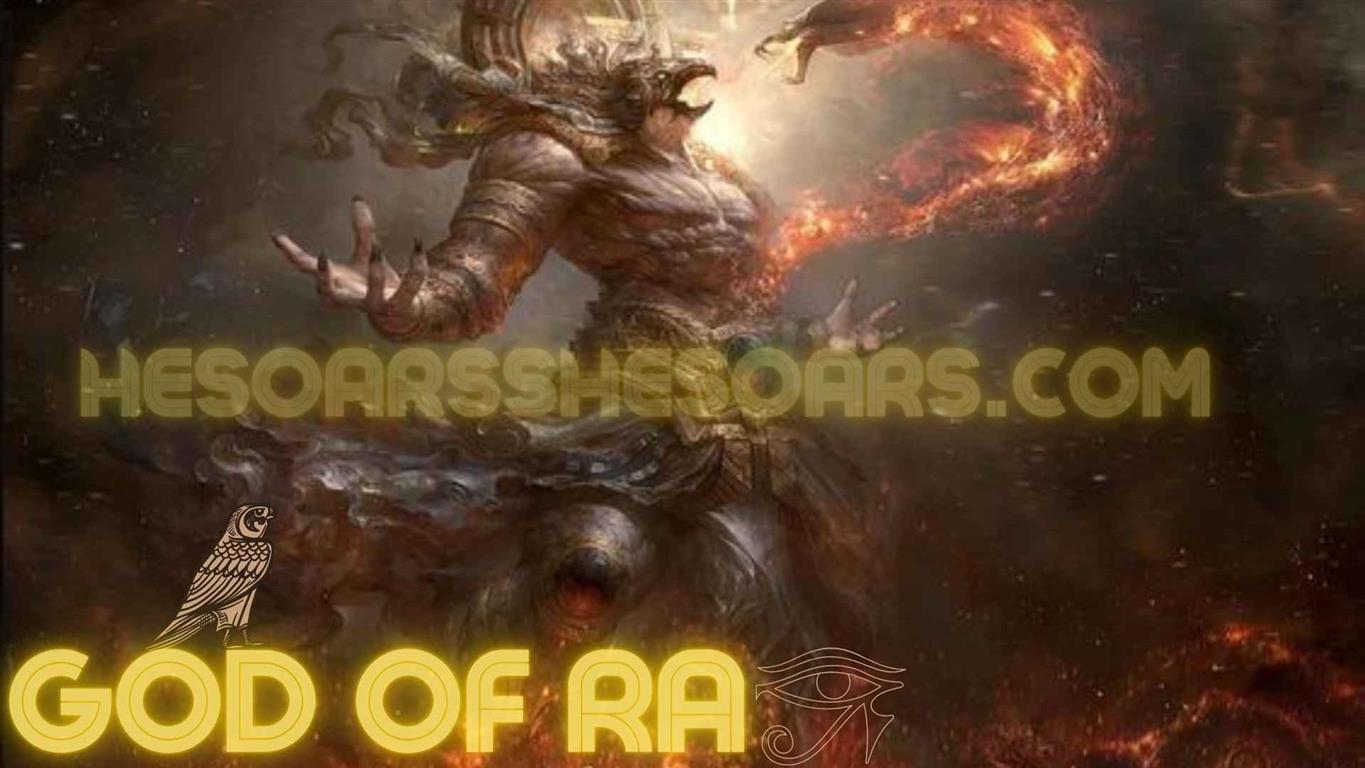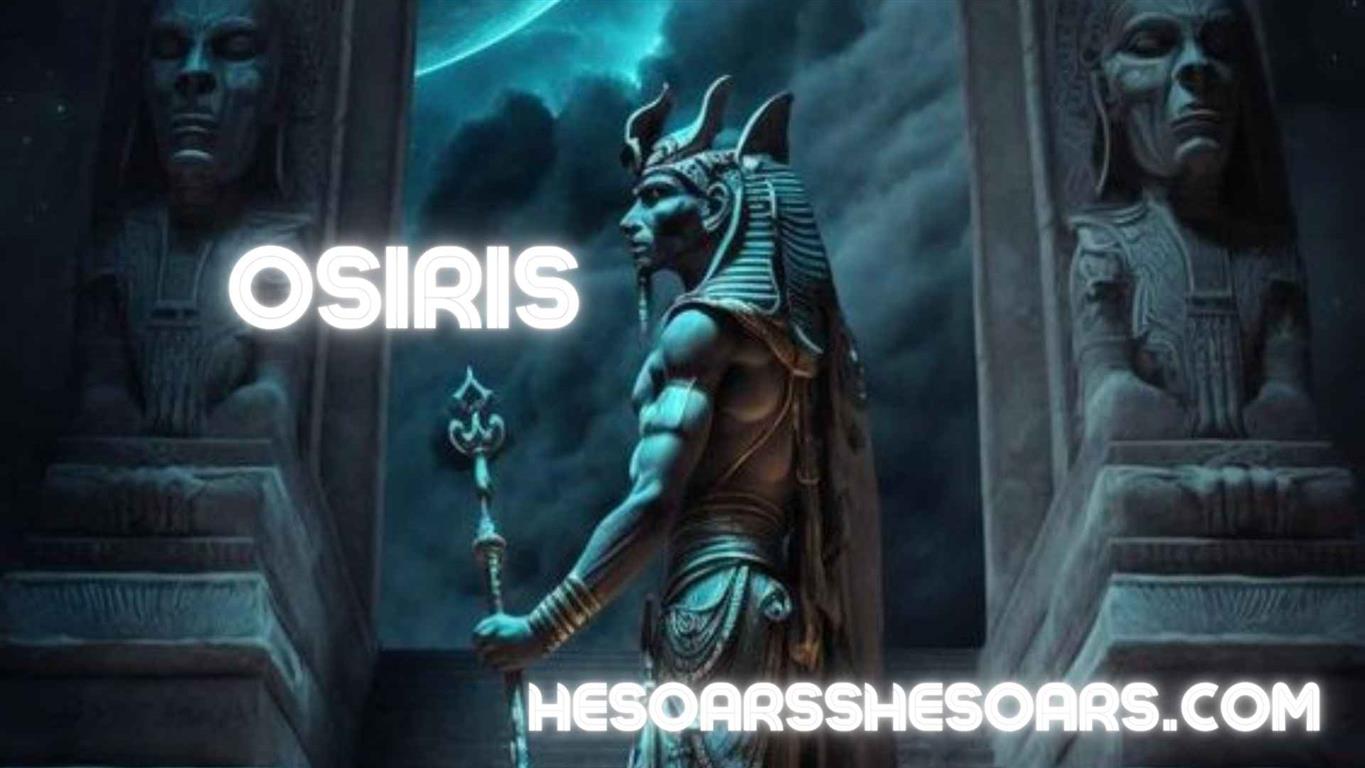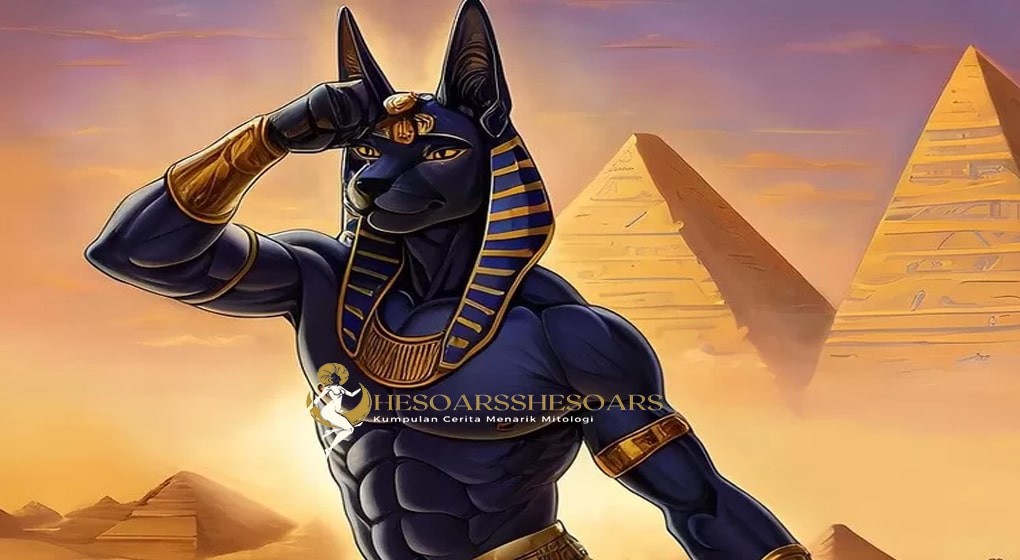Introduction God Of Ra
The mythology of ancient Egypt is rich and diverse, filled with stories of gods and goddesses who ruled over various aspects of life and nature.but Among the most venerated of these deities is Ra, the sun god, often considered the king of gods and the creator of all. This article delves into the mythology, symbolism, and influence of Ra in ancient Egyptian civilization.
Origin and Early History God Of Ra
Ra was one of the first gods to emerge in the mythology Gods Of Egypt.while He is often depicted as a man with a hawk head and a solar disk crown, signifying his dominion over the sun. Ra was said to be self-created, emerging from the waters of chaos to bring forth life, land, and the other gods and goddesses.
Family and Relationships
But Ra was often associated with other gods and goddesses, depending on the era and location. He was merged with the god Horus to become Ra-Horakhty, a more comprehensive sun god. He was also considered the father of Hathor, the goddess of love and music, and the sibling of Osiris, Isis, and Seth.
Worship and Temples
But The worship of Ra was widespread in ancient Egypt. The city of Heliopolis served as the main cult center, where a grand temple dedicated to Ra stood.while Annual festivals were held in his honor, and he was revered as the supreme deity who held the keys to life and death.
Legacy and Influence
The cult of Ra significantly influenced the Egyptian civilization, shaping its religious practices, rituals, and architecture. The symbol of the “Eye of Ra” became an iconic image, representing divine protection. Pharaohs claimed lineage from Ra, asserting their divine right to rule.
Decline and Resurgence
While the importance of Ra waned during the Middle and New Kingdoms, his influence never entirely disappeared. With the rise of the cult of Amun, Ra was often merged into Amun-Ra.
Conclusion God Of Ra
The mythology surrounding Ra is not just a relic of ancient Egypt; it continues to be studied and revered by scholars, occultists, and spiritual seekers. As the god of the sun, Ra symbolizes eternal life, rebirth, and the cyclical nature of existence. His story, imbued with deep symbolism, offers a glimpse into the complex and profound religious landscape of ancient Egypt.




